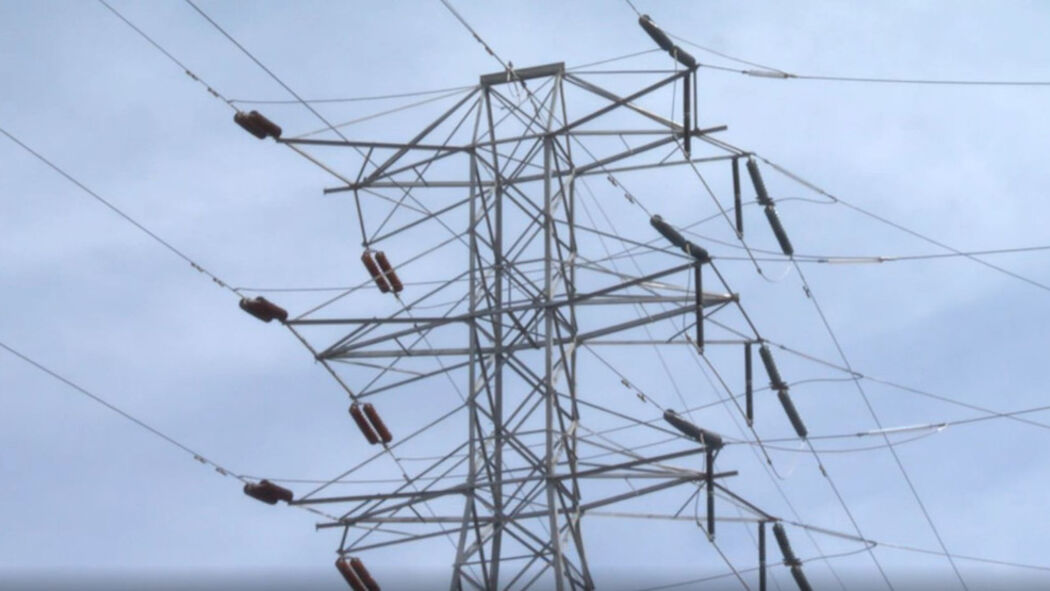Story by David Beard, The Dominion Post
CHARLESTON, W.Va. — The winter storm of Dec. 23-25 produced unexpectedly high demand for electricity. Despite the surprise, PJM , the 13-state power grid organization – thought it had plenty of reserve on hand.
But the power suppliers failed to deliver, leading to forced outages. Natural gas accounted for just over 70% of the short supply.
Representatives from PJM, FirstEnergy and Appalachian Power (AEP) explained the problem to state senators on Thursday.
Right now, PJM Vice President for State Policy and Member Services Asim Haque told the senators, PJM has called on its members for details on the failure and plans to have a report with answers ready by mid-April.
Members of the Senate Energy, Industry and Mining Committee listened to the representatives and grilled them.
PJM is the regional transmission organization spanning 13 states (including West Virginia) and Washington, D.C.
“We do our best to prepare for the winter,” Haque said. Anticipating Winter Storm Elliott, PJM issued cold weather alerts to its members Starting on Dec. 20, ensuring they had freeze protections in place and sufficient fuel.
PJM had forecast a demand of 127,000 megawatts (MW). But the storm brought record low temperatures and record temperature drops – 29 degrees on Dec. 23. And contrary to expectations, there was a historically high power demand that night.
PJM called up about 156,000 megawatts of power from its members to meet the demand. But, as FirstEnergy Senior Corporate Counsel Gary Jack phrased it, they “failed to show up.”
Haque said more than 92% of the outages were reported to PJM with less than an hour’s notice, or none at all.
The total shortfall was 45,952 MW, with natural gas accounting for 32,473 MW. Coal accounted for just 16% of the shortfall, at 7,562 MW. The remaining 5,917 MW was attributed to other power supplies, including wind and solar.
Haque told the senators PJM builds its forecasts using algorithmic modeling this forecast was too low. “That was something we have to own.”
He worded the problem more mildly than Jack: “We had some very, very challenged generation performance.”
He noted that Elliott caused problems for regional transmission organizations across the country, not just for PJM. But PJM is asking its members to explain the supply failures here.
And PJM is also looking inward, he said. “How do you incent performance even during the most challenging times?” Is its framework appropriate and working?
While West Virginia has no major gas-fired power plants, natural gas accounts for nearly half of PJM’s total generation fuel mix. If power plants can’t get the gas, for whatever reasons they uncover, that will prove a continued challenge, Haque said. “We have to try and solve it.”
He noted that the transmission system worked well, but the power generators created the problem.
Sen. Rupie Phillips, R-Logan and a coal miner and coal advocate, took a moment amid his questions to comment, “Wind and solar, they’re only ideal in the fairy world.” This isn’t economic development. “This is real people depending on electricity to live.”
Haque told the senators that going forward, members that fail to deliver what they promise will be subject to fines that will be placed in a pool and distributed to members that over-perform to take up the slack.
Much discussion focused on all-of-the above power supply mixes, and on renewables not yet being ready to supply baseload – as coal and nuclear do. Without disparaging renewables, Haque said they need a resource mix that’s reliable and resilient, even as state power policies evolve. “We cannot let the system fail.”
As Haque wrapped up his portion, committee chair Randy Smith, R-Tucker and also a miner, offered a barb with a chuckle: “I’ll do my part to keep the coal plants running, to pull your butt out of the sling.”
Jack told the senators that FirstEnergy is prepared for peak winter loads and the high demand was not an issue for FirstEnergy, but for PJM. He’s looking forward to the April report to see what caused the generation shortages.
Another topic was fuel supply on site. Jack said coal-fired plants must have 35 days of supply on the ground. He’ not aware of any on-site storage available for gas-fired plants.
David Ball, AEP vice president for Energy Delivery, diplomatically said, “There has to be enough stable available generation in place to be able to meet the demand.”
Discussion also roamed into areas of federal green energy policies. Sen. Jay Taylor, R-Taylor, said, “We need politics out of it and let the free markets rule.”
Asked his opinion on that, Jack simply said, “We support the free market.”

